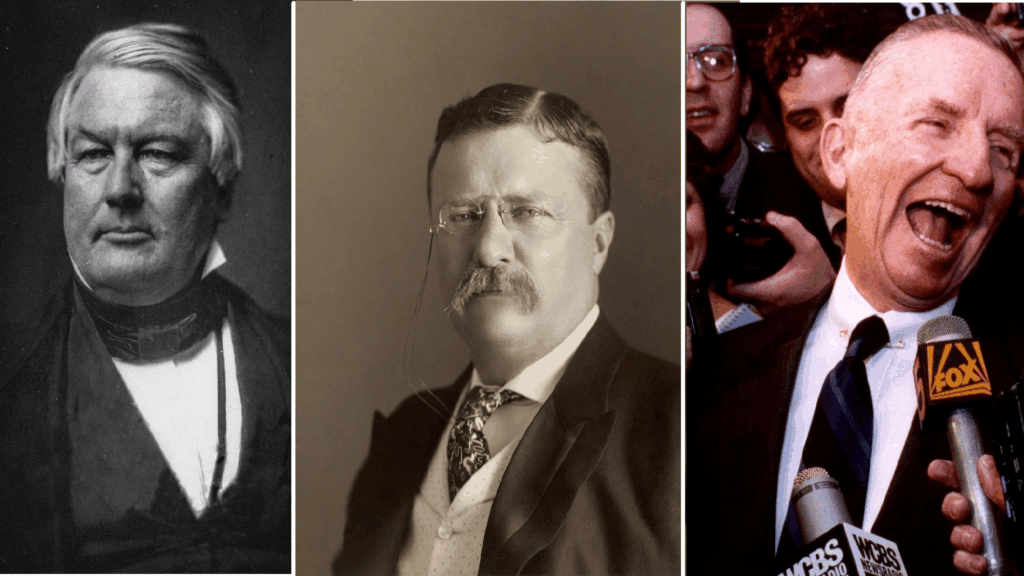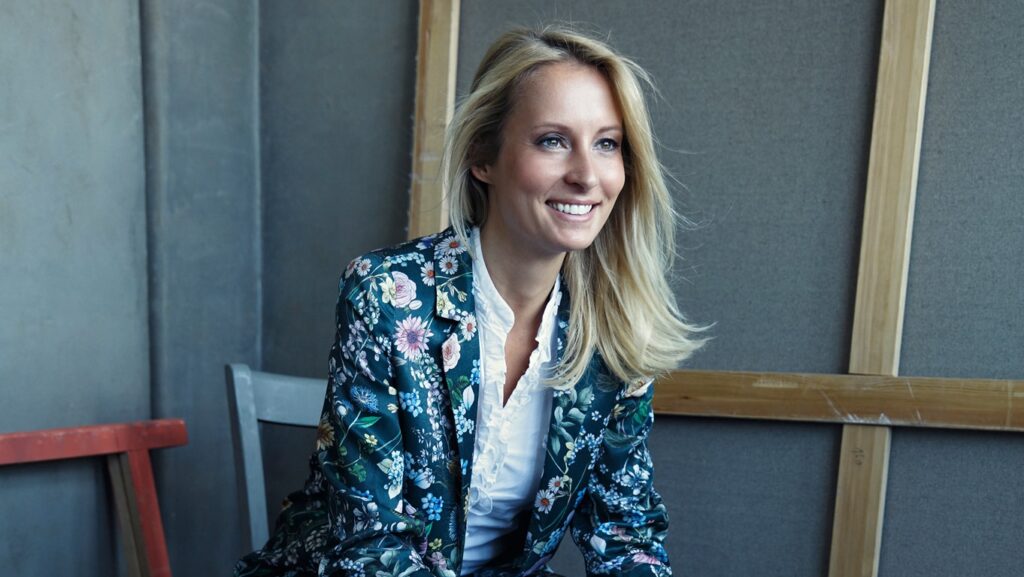The following is a translation of an article written by Attila Károly Molnár, director of the Thomas Molnar Institute for Advanced Studies of the University of Public Service, originally published on Ludovika.hu.
Since the education reform introduced ten years ago, the wage situation of teachers has been almost continually deteriorating, especially in terms of the growth of the national average wage after 2018 and as a result of the current inflation. Thus, their wage fight is fully justified.
However, there is an important difference between the protests of those working in public education and those in the health sector. Those attending education protests are, as a rule, dissatisfied with education in general and frequently make general political demands, engaging in the ‘criticism of the system’, too.
Education has for a very long time been a continuation of politics by other means.
And if we think of the Greeks, this has probably always been the case. In contrast, health care has only recently become a politicised issue and has basically remained a professional policy matter.
Teaching and knowledge have always been political questions,
so it is not difficult to link them to general political issues. What is piquant about the current protests on education in Hungary, however, is that the left, which is supposedly protesting for schools, learning, and teachers, has long been very successful in destroying the prestige of schools and teachers, the value of knowledge and learning, diligence, work, and effort.
Since its inception, the left has seen the school as an important means of ‘enlightening’ people and creating a new world. The anti-school, anti-knowledge, and anti-teacher sentiments of former Chairman of the Communist Party of China Mao Zedong’s Cultural Revolution and of its Western importers, the ‘68ers have spread everywhere before our eyes over the last two decades. Just think of the Pink Floyd hit which says:
We don’t need no education
We don’t need no thought control
No dark sarcasm in the classroom
Teacher, leave them kids alone
Hey, teacher, leave them kids alone
All in all, it’s just another brick in the wall
All in all, you’re just another brick in the wall
About a hundred years ago, radical pedagogy (represented by great philosophers such as John Dewey, Ivan Illich, Paulo Freire, or Henry A. Giroux) proclaimed that ‘liberating education’ must be the instrument of social reform and bloodless revolution, and that the school must become the instrument of liberation instead of being the instrument of oppression. And this is all the easier because, as an instrument of oppression—like all oppression—, traditional education causes problems and suffering for students, whereas a liberating school is not only a pleasant, carefree place for them but can also be a bloodless instrument of the liberation of society. Schools should train left-wing activists instead of teaching chemistry, physics, or literature. (In the current postmodern version, the aim of ‘liberating education’ is no longer so much to liberate society as to enable students to transform reality according to their own imagination, the main symbol of which—and the main reason for anger, too—is gender reassignment surgeries.)
The aim of ‘critical pedagogy’ is not to impart knowledge.
Not only because knowledge is an oppressive false consciousness, but also because educated people do not want to fundamentally change and subvert society. For some time now, progressive schools have not been about imparting knowledge. If there is a transfer of knowledge—through maths, geography, and so on—, it is only as a means of conveying a political message.
In fact, according to the Frankfurt School, Bourdieu’s critical sociology, postmodernists, and post-structuralists, existing culture is oppressive, power-made, and power-maintained. Consequently, it is best if no one learns to read, write, count, or anything else—so that they do not contribute to the maintenance of power, i.e. the ‘system’. Nor is there any need to strive for ‘qualification’ or ‘knowledge’ because it is the (state) power that decides who is qualified and what knowledge is, and this knowledge only qualifies one to participate in an unjust, oppressive system.
The ideal is the left-wing activist, untainted by the knowledge of the oppressors, while isolation, non-conformation, and ignorance are virtues.
But what are the protesters demanding free education and free schools thinking?
The source of an oppressive society is an oppressive school and an oppressive education. Students must be freed from oppressive schools and oppressive teachers so that society will be free. If there is equality between teacher and student in school, no difference in knowledge between them, then there will be equality in society as well.
No revolution is needed, but the power of the state must be used to transform schools. And through progressive education, material and social disadvantages will disappear of their own accord. These aspirations are wrapped up in the promise of an enjoyable, playful, frustration-free education. How wonderful that progressive schools can solve social problems that progressives perceive in an enjoyable, non-coercive way! The ‘enjoyable school’ is the democratic school where students and teachers are equal; teachers do not know more, do not know better, and do not even define what knowledge is, so they do not judge students, nor hold them to account.
Francois-Xavier Bellamy, a French secondary school philosophy teacher, published his book titled The Dispossessed[1] (published by Századvég in 2022) in 2014 and it became a bestseller in France. The book is particularly appealing to cultural conservatives, because it is about classical European culture and is one of its main carriers: the book’s defining activity is the commitment to reading.
Five hundred years ago, Erasmus in Libri Antibarbarorum complained of European illiteracy and lack of education, as Bellamy does now. The difference is that in the intervening time, Europeans have learned to read and write, and for centuries, the ecclesiastical and then the secular elite have also sought to educate Europeans. (More or less since Pope Gregory and the Cluniac Reforms.) However, a significant part of the cultural workers of the last two generations saw as their main goal liberation of people from the oppressive culture of the school, of books, and of reading. Therefore, those deprived of their cultural heritage became the dispossessed.
This is not, however, the result of some inevitable natural disaster, but the result of the conscious and persistent activity of cultural workers.
The underlying experience of the age is twofold: on the one hand, it is the growing disenchantment of young generations with books and reading, and on the other, the lack of awareness of their own cultural heritage.
Bellamy identifies three antiheroes of this in French culture: Descartes, Rousseau, and Bourdieu.
Descartes formulated the idea, now a threadbare topos, that schooling is the opposite of knowledge acquisition, which requires freedom, individuality, and experience. Knowledge acquired in school is not authentic, or even useful, and school culture alienates man from the world.
Rousseau and Bourdieu criticised school, knowledge, and culture simultaneously. Rousseau, in his work titled Discourse on the Arts and Sciences (First Discourse), which won him the prize of the Academy of Dijon, identified culture, science, and the arts as the cause of inequality and depravity, and later, in his Discourse on Inequality (Second Discourse), private property. In Les héritiers: les étudiants et la culture—which echoes the title of Bellamy’s book—, and throughout his entire life’s work, Bourdieu, now a superstar of sociology, saw culture as the main source of inequality, which he considered to be the greatest evil, and he viewed schools and teachers as the perpetuators of this inequality. Culture, he held, has no value at all.
Those who inherit cultural goods from their parents have an immense advantage in society. The issue is not whether culture is good or bad, but that it is a source of differences, which is unequivocally bad. The criterion of equality is not seen in everyone having access to culture—which is what the left of actually existing socialism wanted—but in no one getting any benefits, i.e. ‘cultural capital’. Schooling and the acquisition of knowledge are not only arduous, with failures in the lives of many children, but also unfair, as they create differences between bad and good students. Differences are not inherent in people—they are created by knowledge, culture, schools, and teachers. (Before 1990, private property was known to be the source of all evil.)
Today’s disenfranchised young generations have been deliberately deprived of culture in order for them to become as equal as possible. However, we must see that the anti-culture, anti-knowledge, anti-authoritarian, and anti-learning school, known as the democratic school, is perfectly functional in terms of preserving the privileges of the the upper middle class: it not only provides its children with pleasant years, but by eliminating knowledge transfer, but is also excludes emerging competition, thus exempting from contest the more modestly talented or lazier children of the upper middle class, who will anyway acquire sufficient cultural and, more importantly, relationship capital at home, the value of which will be further enhanced by this ‘liberating’ school.
The most populist and anti-elitist type of schooling is good public education, which allows hard-working talents to compete and rise above the children of the upper middle class or elite. It is the exclusion of this competition that the dominance of the now prevailing anti-work, anti-diligence, anti-sweat and anti-effort attitude promotes.
The promise of liberation, a life without effort, is certainly more pleasant and attractive in the short. It entails no conflict.
The question is what to do with the anti-cultural and anti-school intelligentsia, artists, educationalists, and schools?
Is today’s school still a school? Is what goes on in schools still education? At best, they are just childcare centres, at worst they are Maoist versions of the permanent (cultural) revolution. What would the advocates of educational reform teach children? Is it maths, or rather how to free themselves from uncomfortable expectations, with teacher and pupil smoking a cigarette together with a smile on their face?
[1] François-Xavier Bellamy, Les déshérités ou l’urgence de transmettre, Paris, 2014.
Related articles:
Click here to read the original article.








